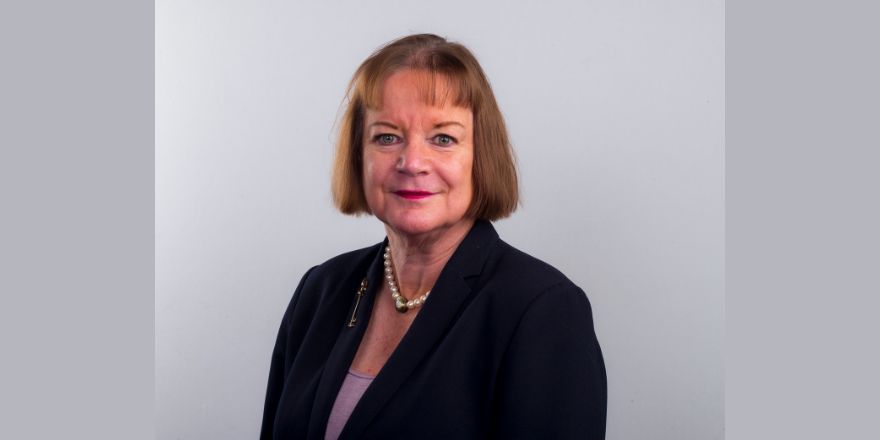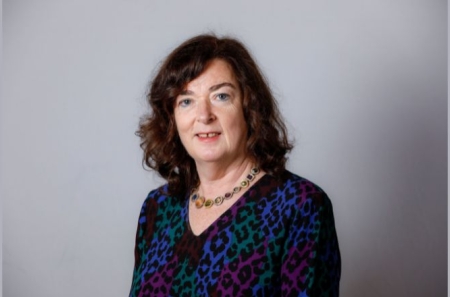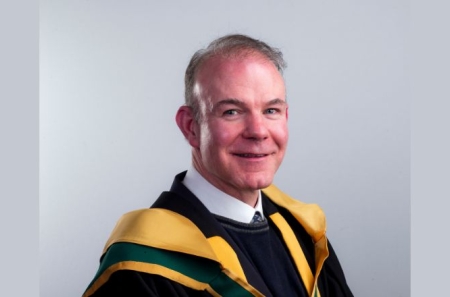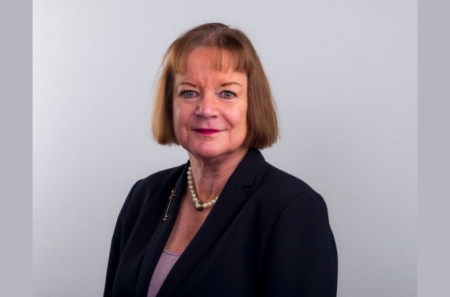
Niamh Brennan MRIA, Professor of management
02 October 2023Professor Brennan’s research on financial reporting and corporate governance leads her to argue that some company managers are self-serving and engage in impression management to portray a good impression of the company’s (and their own) performance, regardless of the reality.
Niamh Brennan MRIA is Michael MacCormac Professor of Management at University College Dublin
I am currently working on a project about the British South Africa Company, which was established by royal charter and used by Cecil Rhodes to colonise Rhodesia (now Zimbabwe). Through the royal charter, the British Crown outsourced government to a private sector, publicly listed company. Britain wanted to colonise and control the territory but not incur the cost, which it transferred to the company. Thanks to my co-author, Dr Sean Bradley Power, we have a complete set of British South Africa Company annual reports from 1891 to 1924, a fairly complete set of verbatim minutes of the company’s general meetings, and all the private board meeting minutes. We converted the dataset (6,800 photographs from two UK archives) into electronic format and already have several publications from the material, with more to come.
My research spans financial reporting and corporate governance. My financial reporting research involves manual text analysis and focuses on impression management, rhetoric and argument and silence. Most research assumes that company managers provide useful information to shareholders. I argue that some managers are self-serving and engage in impression management to portray a good impression of the company’s (their own) performance, at variance with the underlying facts. I have used rhetoric and argument in the context of hostile takeover bids, where the bidder/target-company managers try to persuade the target-company shareholders to accept/reject the bidder’s offer. I also used rhetoric and argument to analyse a dispute between Greenpeace (arising because of its ‘Dirty Laundry’ campaign) and six organisations in the fashion trade.
As part of my doctoral studies, I collected profit forecasts disclosed during UK takeover bids. I have continued that research, including in a paper on Covid-19 profit warnings (negative profit forecasts). Covid-19 was a unique opportunity to collect profit warnings, all of which were warning for the same threat. Even more interesting, however, is what companies do not say—silence. Silence is hard to research, and so far I have only considered silence in corporate communication at a conceptual level.
My corporate governance research focuses on boards of directors, audit committees and whistleblowing. I have served on several boards of directors and audit committees, and I have applied my practical insights from those roles in my academic research. In 2002 I founded the UCD Centre for Corporate Governance, which was the first in Ireland to provide training to company directors to help them execute their onerous legal duties and responsibilities. I have supervised several doctoral and postgraduate students who have studied a range of corporate governance topics, including mutual fund boards of directors; non-executive directors on the boards of private family businesses; explanations for corporate governance non-compliance; information asymmetry and boards of directors; clinical governance; executive compensation; external audit reports; external auditors’ interactions with regulators; and negotiations between external auditors and clients.
I have also published on forensic accounting—when corporate governance and financial reporting fail, the forensic accountants are often called in.
More recently, I have published several papers on doctoral studies, in an effort to share with junior colleagues my knowledge of what I have learned over years of struggling to complete my own PhD and to publish in leading international refereed journals.
Another project I am working on, with former doctoral student, Dr Helen Pernelet, involves analysing audio- and video-recordings of three board meetings of three organisations—nine board meetings in total. We are only the second group of researchers to obtain such access to the ‘black box’ of the boardroom. Because of regulations known as ‘sunshine laws’, the three boards are required to meet in public, and they also meet in private to discuss sensitive issues. We find that the board members and managers behave differently in public versus in private. Thus, the regulatory intent of ‘sunshine laws’ to improve transparency is not realised as regulators intended.
I am privileged to have worked at UCD since 1980, with super-smart students and with talented and warm colleagues. Research is always so stimulating, and I rarely have a boring day.



